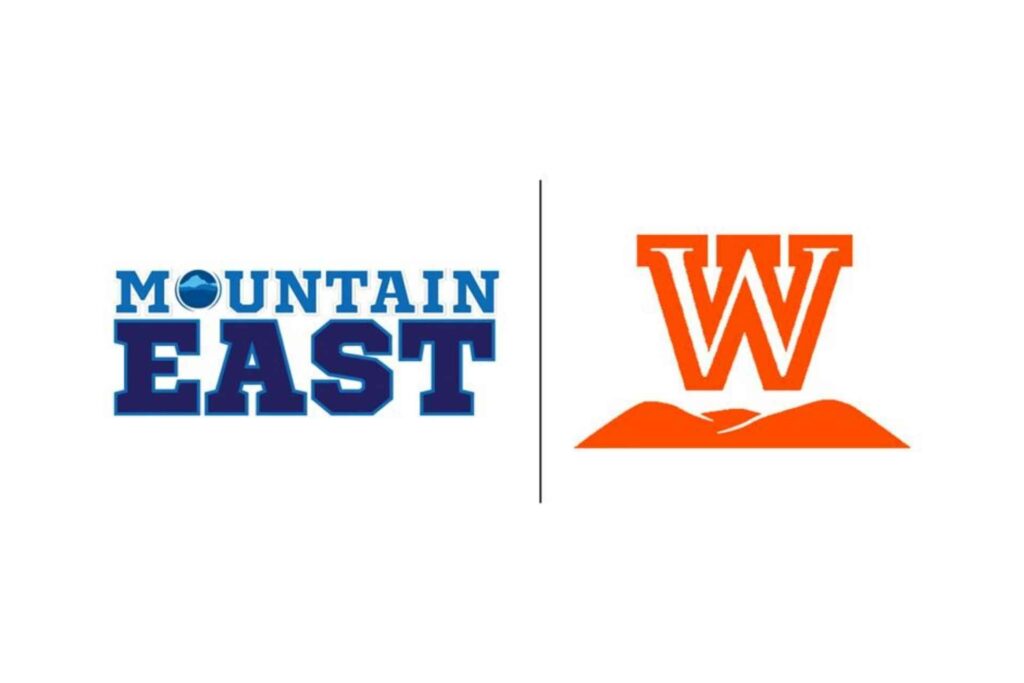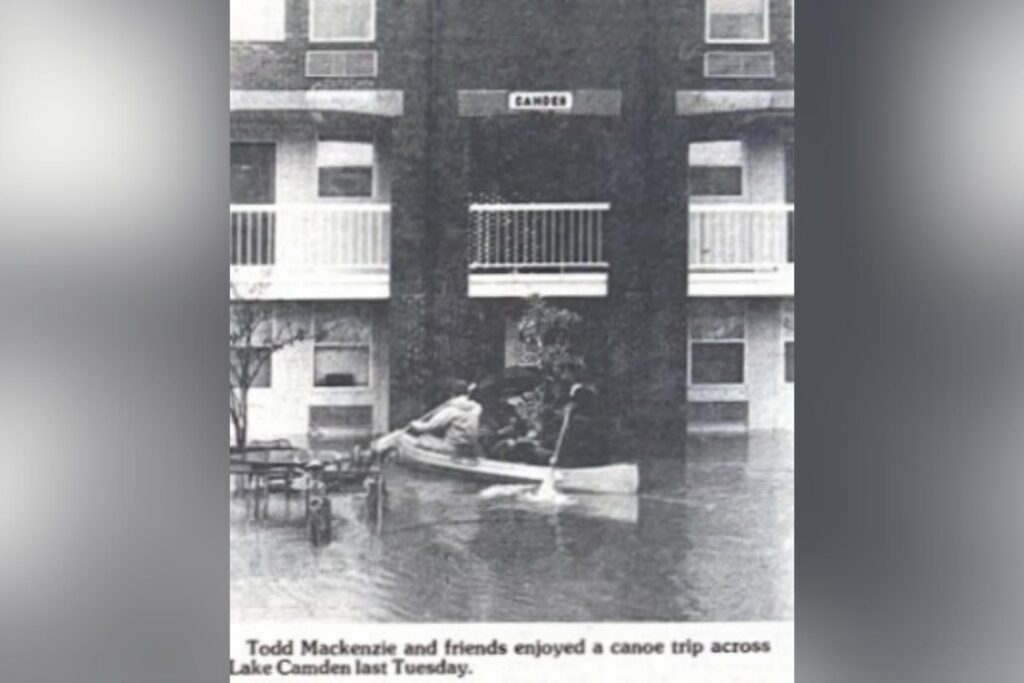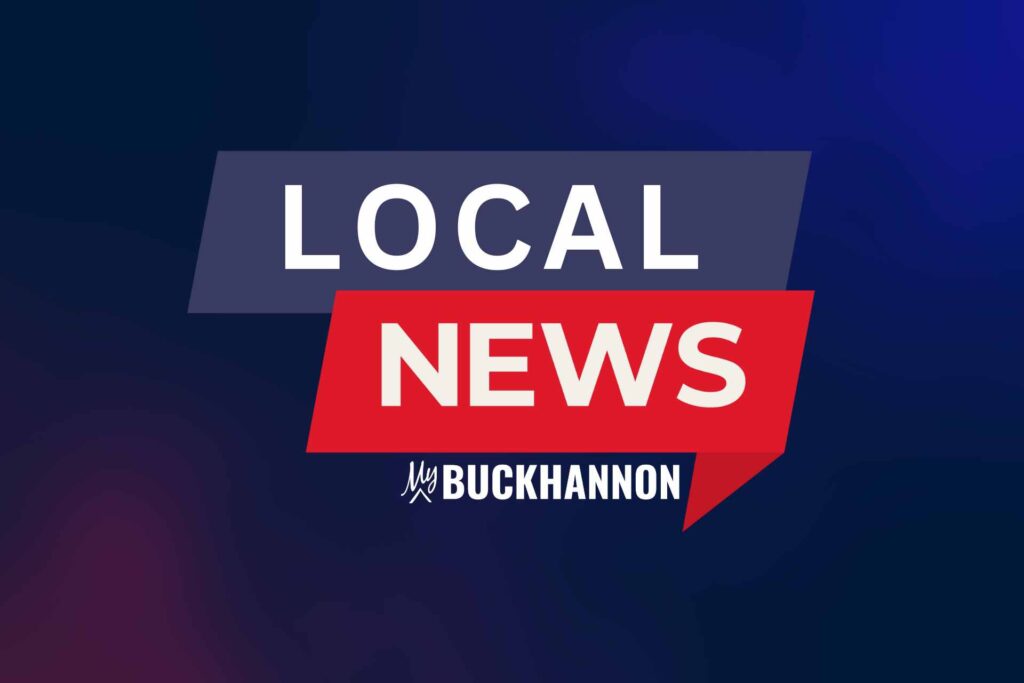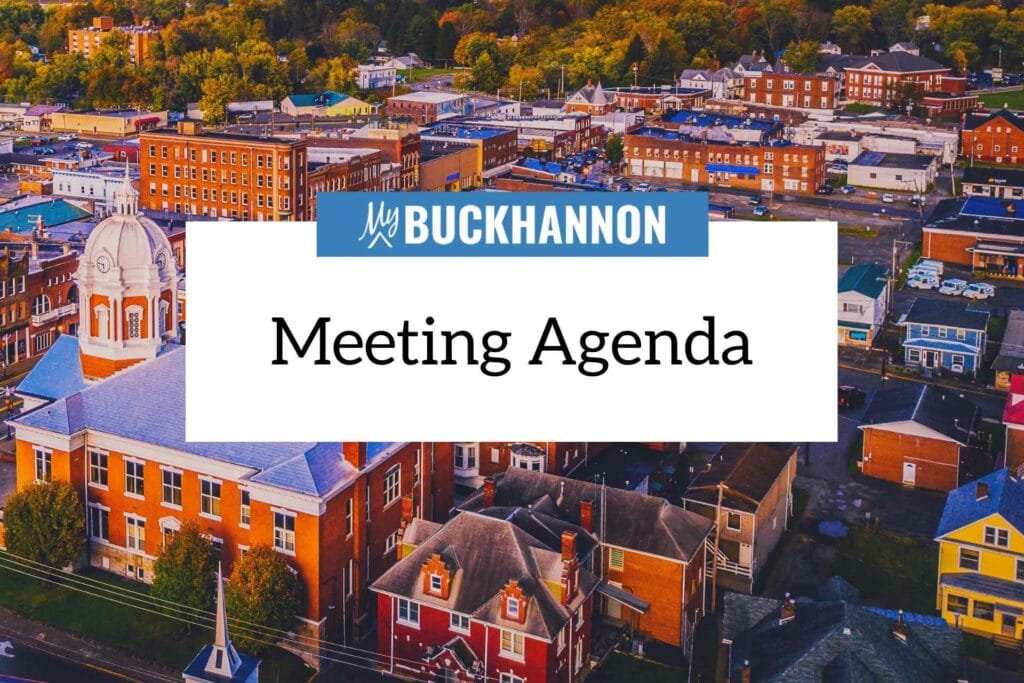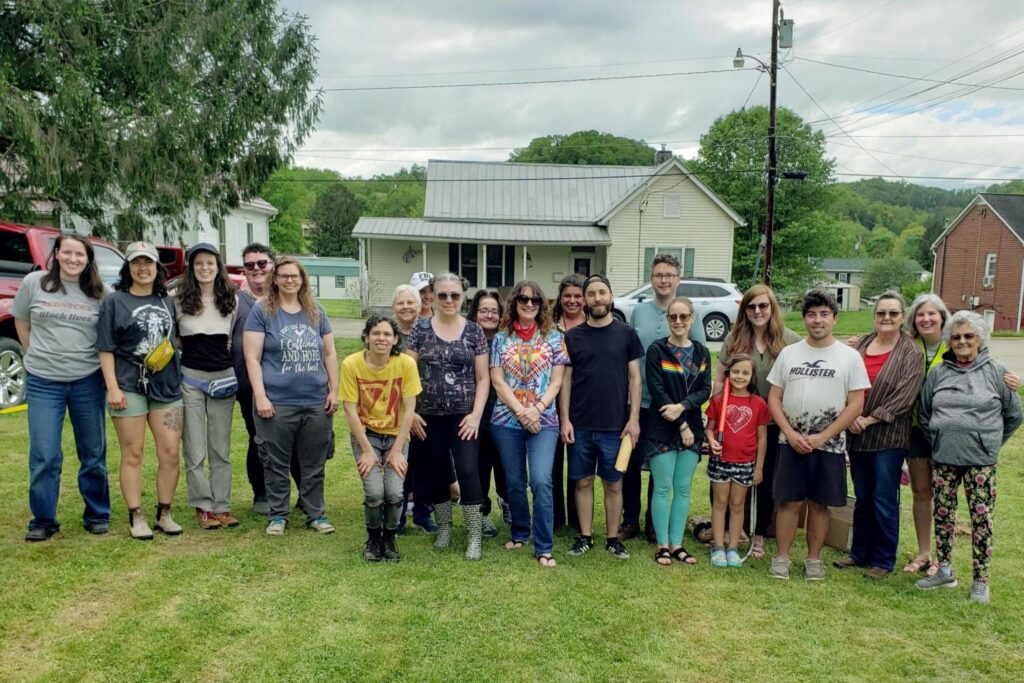BUCKHANNON – City officials pushed back Thursday against criticisms of mismanagement of funds on social media and welcomed city residents to inspect their work at any time.
“I love this city with a passion,” finance and administrative director Amberle Jenkins said Thursday night, “but I’ll be daggone if I’m going to go to jail for having money misspent in here. I can tell you that right now.”
In an unusual show of frustration, Jenkins, who rarely displays strong emotions at Buckhannon City Council meetings, said she was fed up with allegations lodged on social media claiming city officials misuse revenue collected through utility fees.
“If anybody has a question about the city of Buckhannon, have at it, come in here,” Jenkins said at the Dec. 20 council meeting. “You’re more than welcome.”
Jenkins’ comments came on the heels of a prepared statement delivered by Mayor David McCauley in which he presented information about how the city’s three distinct public utility enterprise funds – the Water Department, the Sanitary Sewer Department and the Waste Department – operate.
In particular, the mayor said he wanted to emphasize, that, by law, revenue generated through utility board fees could not be utilized to support general fund functions. For instance, only general fund monies can be used to pave streets and support public safety operations.
McCauley said his intent was to combat misinformation spread by one individual via social media posts. Although the mayor did not identify the person other than to infer he was male, he said that individual’s posts were essentially accusing the city of illegal activity.
“When I started with the city (as city attorney) nearly 36 years ago, we didn’t have this great thing, social media – everybody knows what that is – and one of our more persistent, if not chronic critics, posted something just a couple of days ago referencing things that, if they were taken true on their face, would establish illegal activity on the part of our city utility operations,” McCauley said.
“And while this individual doesn’t have a broad following, he does have a vocal following among the people that track him,” he added. “Basically, the statement was made that the utility rates have more than doubled in the last two to three years, meaning my time as mayor and this current city council, and that monies that had been collected by our utilities, were underwriting my – not the council’s, but my pet projects – which he has identified as Jawbone Park, the Trader’s Alley project, the dog park project, the Colonial Theatre project and other things like that.
“I just want our citizens to know – and be mindful of that old adage of not drinking the Kool-Aid,” McCauley added.
McCauley then shared statistics he’d gathered that day from the Public Service Commission of West Virginia’s website.
The PSC regulates municipal utility rates to ensure fairness to consumers.
Of the 368 regulated water utilities in the Mountain State, Buckhannon is the 39th most affordable, McCauley said.
“This means that 330 of the 369 water utilities charge more for their water than does Buckhannon,” he explained. “Buckhannon ranks at the 10.5 percent level in most affordable services.”
And of the 321 regulated sanitary sewer utility providers, the city of Buckhannon’s is the 173rd most affordable, with 172 sewage service providers charging less than Buckhannon’s Sanitary Board and 148 charging more.
McCauley highlighted several other points, saying the last time water rates were increased was in July 2015.
The city’s latest 20 percent, two-phase sanitary sewer rate hike happened in June 2017 and went into effect in October of that year; however, waste (garbage collection) rates haven’t increased since 2011.
McCauley said each utility board – sanitary sewer, water and waste collection – were discrete entities barred from mixing their monies with money in the city’s general fund (which pays for maintenance of streets, sidewalks, police and fire services and more) or from intermingling funds with other utility boards.
“Our city is prohibited by state statute from using water, sewer or waste collection funds to pave streets, operate the Public Safety Complex, build sidewalks, operate the Stockert Youth & Community Center or the Colonial Theatre or the city dog park or the city library,” McCauley said.
In essence, utility boards must use the money they garner from utility fees to finance their operations and their operations only.
Saying all four enterprise accounts are annually internally and externally audited, McCauley remarked, “Our city has never – not once, ever – been subject to any cited failure by any auditor for misuse or appropriation of any utility or general funds.”
He said Jenkins, who prepares each year’s budget and oversees all four enterprise funds, has been employed by the city for nearly 43 years.
The mayor also explained the recent 20 percent, two-step – 10 percent in 2017 and 10 percent in 2018 –sanitary sewer rate increase. West Virginia law mandates that each utility board keep on hand a 12.5 percent reserve account for coping with emergencies.
“Until three years ago, we hadn’t been meeting the mark relative to those reserve accounts, so one of the reasons that we had to do the sewer increase last year was to stabilize that board’s finances so we could start to put money in that state-mandate reserve account, which there was virtually none of in our sanitary board.” McCauley said.
Buckhanon’s Sewer Board has now amassed approximate $200,000 for “critical emergency needs as they might arise,” he said. “I just wanted to clarify – you can’t believe everything you read, especially on social media.”
It was at that point in the meeting Jenkins expressed her frustration with the allegations, saying she took them personally.

“Well, I don’t have Facebook, so I didn’t know about all this, but I’m probably going to take some exception to anyone saying that anything happened any different,” she said.
“This budget – this money here in the City of Buckhannon – is open for the public to look at, at any time they want to,” Jenkins continued. “This is public information, and they can look at it.
“And I love this city with a passion, but I’ll be daggone if I’m going to go to jail for having money misspent in here. I can tell you that right now. If anybody has a question about the city of Buckhannon, have at it, come in here. You’re more than welcome.”
Jenkins’ statement drew applause from some council members and Thursday night’s attendees.
Public works director Jerry Arnold said he doesn’t “put a lot of stock in Facebook posts.”
“They’re bored people who don’t want to call into city hall and find out the facts for themselves,” Arnold said, “but every project that the street department or any utility board is involved goes before the board or this council.
“Every street-related project is presented,” Arnold continued. “We have a five-year capital improvement with our streets department that outlines every sidewalk project we’re considering, every paving project we’re considering, every general maintenance project that we’re considering that the full council votes to budget to fund. So to say that it’s any one’s ‘pet project’ is completely misleading because all of council has to vote to give us that budget to do those projects.”
McCauley’s written comments titled “West Virginia Public Service Commission and City of Buckhannon, W.Va. utility information – Dec. 20, 2018” appear in full below; they have been edited only to conform with Associated Press style guidelines:
“1. For full access to all statistical data compiled by the state of West Virginia, please consult http://www.psc.state.wv.us/
2. According to the state PSC, there are 369 regulated water utility entities in West Virginia. Of those 369, the City of Buckhannon ranks No. 39 in most affordable water services. This means that 330 of the 369 water utilities charge more for their water than does Buckhannon. Buckhannon ranks at the 10.5 percent-level in most affordable water services.
3. Further according to the state PSC, there are 321 regulated sanitary sewer entities in West Virginia. Of those 321, the City of Buckhannon ranks 173 in most affordable sewage services. This means that 172 sewage providers charge less than Buckhannon, and 148 charge more for their sewer services than does Buckhannon. Buckhannon ranks at the 53.9 percent-level in most affordable sewer services.
4. The last water utility increase in Buckhannon was effected by Ordinance No. 392 that was enacted on July 16, 2015, i.e. three-and-a-half years ago.
5. The last sewer utility increase in Buckhannon was effected by Ordinance No. 419 that was enacted on June 1, 2017.
6. The last waste collection (garbage) increase in Buckhannon was effected by ordinance enacted in 2011, more than seven years ago.
7. Our four utility boards are all separate and distinct statutory corporations that are prohibited from comingling of finances with General Fund or other utility board accounts. Our city is prohibited by state statute from using water, sewer or waste collection funds to pave streets, operate the public safety complex, build sidewalks, operate the Stockert Youth & Community Center or the Colonial Theatre or the city dog park or city library. Only operations related to the board functions may be sustained by the revenues generated by state-approved tariffs.
8. All accounts of the City of Buckhannon are subject to both annual internal and external audits. Our city has never been subject to any cited failure by any auditor for misuse or misappropriation of any utility or general funds, not once, not ever.
9. The mayor of Buckhannon cannot unilaterally establish funding priorities for the General Fund or any utility board, as there must be majority support for all expenditures by either the City Council or the appropriate utility board considering the matter.
10. Our current director of finance and administration, Amby Jenkins, has been in our city’s employ for going on 43 years.
11. The State of West Virginia requires all regulated utilities to maintain a one-eighth reserve, i.e., 12.5 percent of each utility’s operational budget must be held for utility emergencies, etc. In December of 2018, Buckhannon for the first time ever has achieved those reserve requirements.
12. The W.Va. Public Service Commission recommends rate increases every three years for utility operations to remain viable accounting for consistent increased labor and material costs, etc.”



